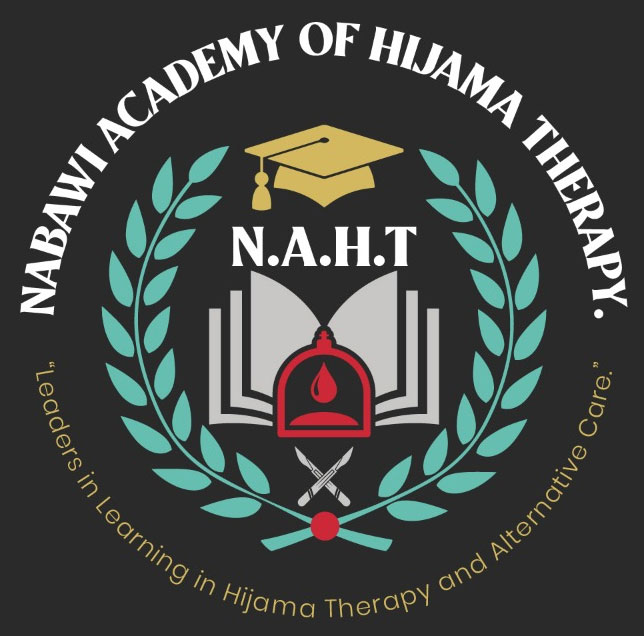Course Objectives:
1. To develop a fundamental understanding of human nutrition and its role in overall health and well-being.
2. To provide knowledge and skills for assessing and addressing nutritional needs in clinical settings.
3. To promote critical thinking and problem-solving in clinical nutrition scenarios.
4. To prepare students for careers in healthcare, dietetics, and clinical nutrition.
Course Content:
Module-1:
Introduction to Clinical Nutrition.
1. The importance of clinical nutrition.
2. Macronutrients and micronutrients.
3. Dietary guidelines and recommendations.
4. Nutritional assessment methods.
Module-2:
Physiology and Metabolism.
1. Digestion and absorption of nutrients.
2. Energy metabolism.
3. Nutrient utilisation and storage.
4. Hormones and their role in metabolism.
Module-3:
Nutritional Requirements.
1. Life stage nutrition (paediatric, adult, geriatric).
2. Special populations (pregnancy, lactation, athletes).
3. Nutritional requirements in disease states.
4. Nutrient reference values and dietary reference intake.
Module-4:
Medical nutrition therapy.
1. Introduction to medical nutrition therapy (M.N.T.).
2. Dietary modifications for various health conditions (diabetes, cardiovascular disease, gastrointestinal disorders, etc.).
3. Enteral and parenteral nutrition.
4. Food allergies and intolerances.
Module-5:
Clinical Nutrition Assessment.
1. Anthropometric measurements.
2. Dietary assessment methods.
3. Clinical assessment (labs, medical history, physical examination).
4. Interpretation of assessment data.
Module-6:
Nutritional counselling and education.
1. Effective communication and counselling skills.
2. Developing personalised nutrition plans.
3. Behaviour change strategies.
4. Cultural and ethical considerations in counselling.
Module-7:
Nutritional Support in Clinical Settings
1. Introduction to tube feeding and parenteral nutrition.
2. Nutritional support in critical care settings.
3. Ethical and legal aspects of nutritional support.
Module-8:
Research and Evidence-Based Practice.
1. Understanding research in nutrition.
2. Critical appraisal of nutrition literature.
3. Applying evidence-based practice in clinical nutrition.
Module-9:
Professional Ethics and Practice.
1. Code of Ethics for Dietitians and Nutrition Professionals.
2. Scope of practice and professional standards.
3. Cultural competence in clinical nutrition.
Module-10:
Capstone Project and Internship.
1. completion of a clinical case study or research project.
2. a 6-week internship in a clinical nutrition setting.
3. Presentation of capstone project findings.
Assessment Methods:
- Quizzes and exams.
- Case studies and problem-solving assignments.
- Practical skills assessments.
- Capstone project presentation.
- Internship evaluation.
Grading:
A: 90-100.
B: 80-89.
C: 70-79.
D: 60-69.
F: Below 60.
Prerequisites:
School/college qualifications or equivalent. Basic knowledge of biology and chemistry
Course Materials: - Textbooks, research articles, and online resources.
- Access to nutrition analysis software and tools.
- Recommended reading list.
Note:
The syllabus is subject to change, and course materials may be updated as needed to reflect the latest research and developments in the field of clinical nutrition. Students are expected to actively participate, ask questions, and engage in practical learning during their internship.







Reviews
There are no reviews yet.